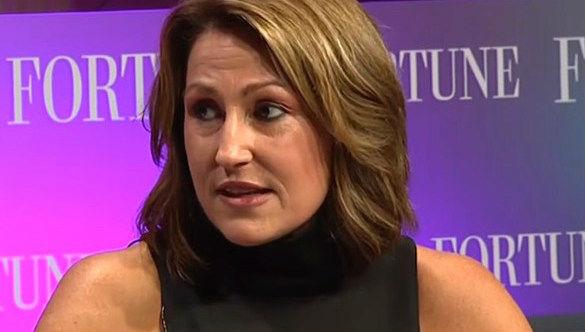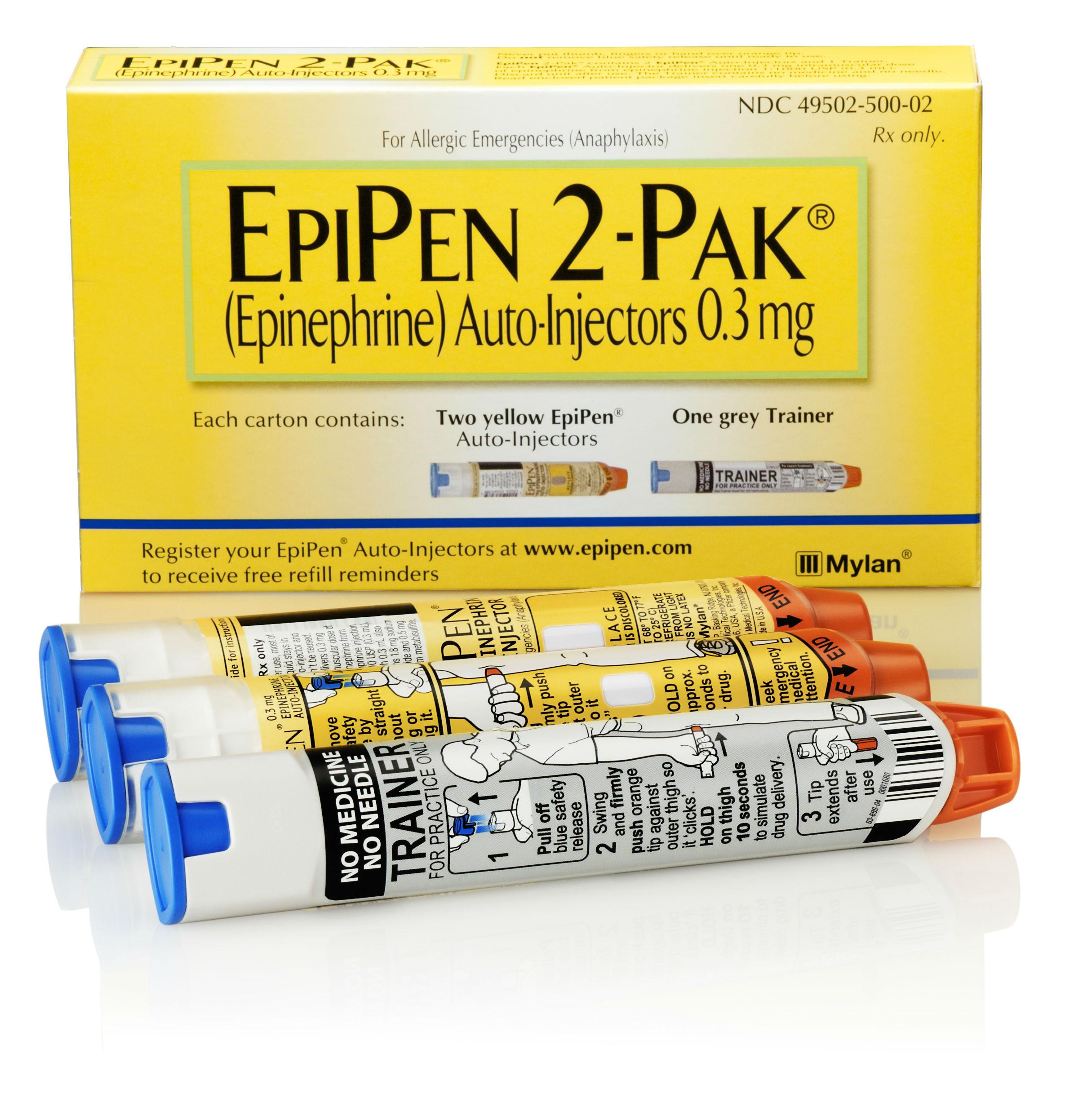Mylan CEO’s salary soared by 671% as firm hiked EpiPen prices
The incident is just the latest in which a pharmaceutical firm has been accused of price-hiking

Your support helps us to tell the story
From reproductive rights to climate change to Big Tech, The Independent is on the ground when the story is developing. Whether it's investigating the financials of Elon Musk's pro-Trump PAC or producing our latest documentary, 'The A Word', which shines a light on the American women fighting for reproductive rights, we know how important it is to parse out the facts from the messaging.
At such a critical moment in US history, we need reporters on the ground. Your donation allows us to keep sending journalists to speak to both sides of the story.
The Independent is trusted by Americans across the entire political spectrum. And unlike many other quality news outlets, we choose not to lock Americans out of our reporting and analysis with paywalls. We believe quality journalism should be available to everyone, paid for by those who can afford it.
Your support makes all the difference.Between 2007 and 2015 the cost of the EpiPen, a device used to stop potentially fatal allergic reactions, increased by 461 per cent. The item now costs more than $600 (£456) per dose.
During the same period, the compensation paid to the CEO of the company that produces the device increased by 671 per cent. In 2015, Heather Bresch, the CEO of the pharmaceutical company Mylan, received $18.9m
This week, Ms Bresch has found herself fighting off allegations of price-hiking – the latest example of a pharmaceutical company boss being accused of unethical behaviour.

Patients have angrily complained about the price hike, as have a number of schools, which are required in some US states to stock EpiPens, which are spring-loaded syringes filled with epinephrine.
This week, the issue hit the hallways and debating chambers of Capitol Hill where politicians demanded to know what lay behind the price rise.
Democratic senator Amy Klobuchar has asked the US Federal Trade Commission and the Senate Judiciary Committee to investigate the “outrageous” price hike.
“There does not appear to be any justification for the continual price increases of EpiPen,” she wrote. “Not only is this alarming price increase unjustified, it puts life-saving treatment out of reach to the consumers who need it most.”
Senator Bernie Sanders has also entered the debate. “The only explanation for Mylan raising the price by six times since 2009 is that the company values profits more than the lives of millions of Americans,” he said.
He tweeted: “There’s no reason an EpiPen, which costs Mylan just a few dollars to make, should cost families more than $600.”
The controversy over EpiPen echoes the furore last year when Martin Shkreli, the head of Turing Pharmaceuticals, increased the price of a treatment for people with Aids and weakened immune systems from $13.50 per pill to $750. The 5,000 per cent increase was enacted for Daraprim, known generically as pyrimethamine.
Mylan bought the rights to EpiPen in 2007. It started sharply increasing the cost of the device when it seemed that a generic version was set to enter the market, potentially cutting into its profits.
Yet that generic alternative was rejected by the US Food and Drug Administration, meaning that the company has continued to increase the cost of the item while retaining a monopoly on its supply.
Ms Bresch, 47, whose father is a US senator, has struggled to justify the repeated big price hikes of the company’s lifesaving EpiPen devices. As the company came under increased fire, it said it was increasing rebates to many consumers who rely on the devices.
“No one’s more frustrated than me,” Ms Bresch told CNBC.
She claimed the problem of drug prices was not with Mylan or the pharmaceutical industry, but instead with a health-care system that often required consumers to pay not just insurance premiums, but also for prescription medications.
“The patient is paying twice,” she said. “They’re paying full retail price at the counter, and they're paying higher premiums on their insurance. It was never intended that a consumer, that the patients would be paying list price, never. The system wasn't built for that.”
But veteran consumer rights advocate Ralph Nader dismissed the explanation.
“It sounds like double talk by Heather Bresch. She’s making $10,000 an hour as CEO of Mylan. And she’s not talking straight,” he said. “It’s a kind of pay-or-die pricing system for the EpiPen. Parents are really frantic about how they're going to pay for this.”
Join our commenting forum
Join thought-provoking conversations, follow other Independent readers and see their replies
Comments